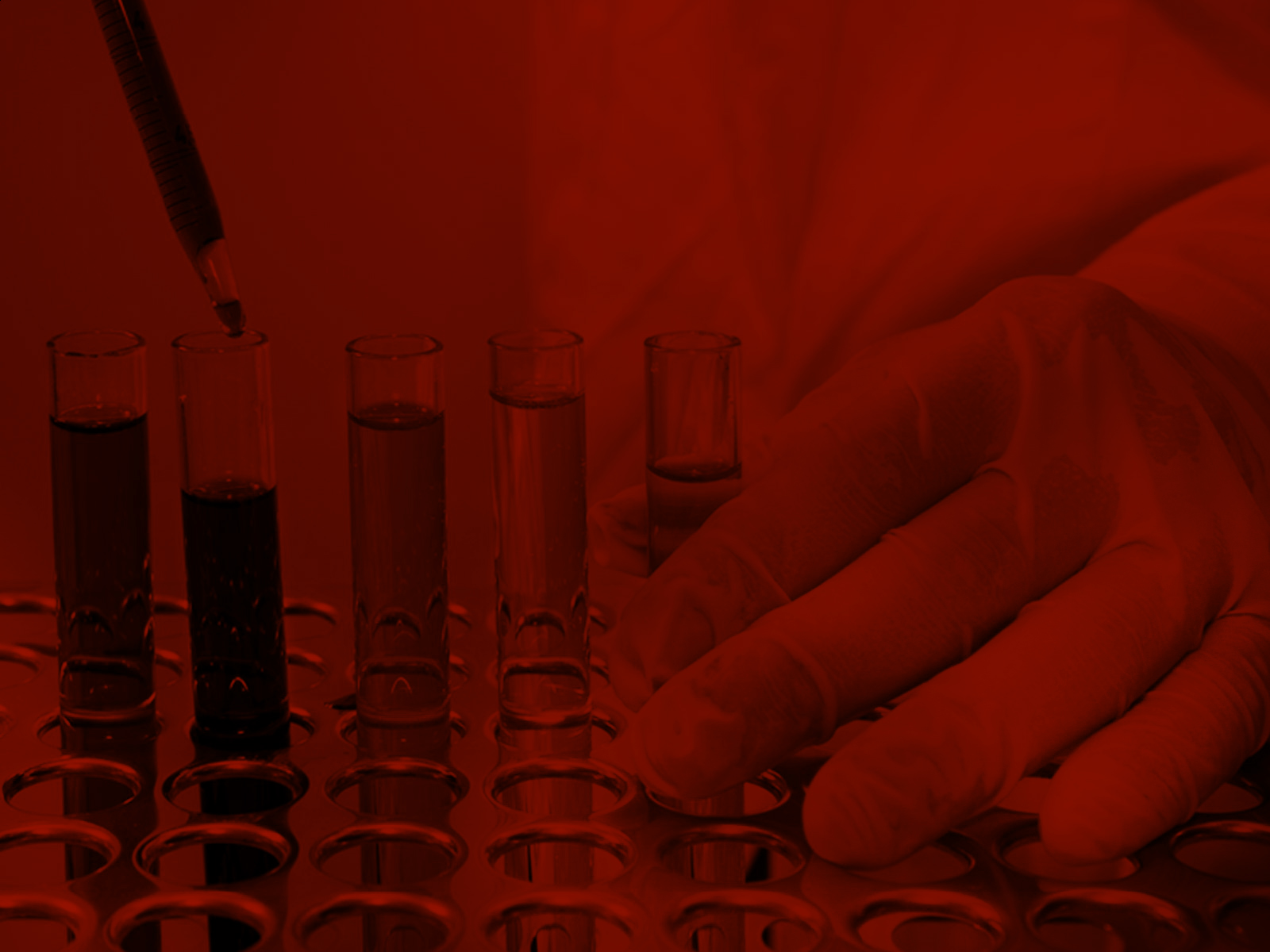African countries are increasingly tapping into their own funding to tackle some of the most intractable diseases, such as HIV/AIDS, tuberculosis and malaria. However, donor funding will remain an important resource in bridging funding gaps and strengthening healthcare systems, says Professor Sheila D. Tlou, director of the UNAIDS Regional Support Team for Eastern and Southern Africa.
The past few years have seen unprecedented economic growth in Africa. The World Bank's latest Annual Report 2014 shows that, with real GDP growth projected to rise above 5% in 2015-16, Sub-Saharan Africa will continue to be one of the world’s fastest growing economies. Many countries have also shown improvements in governance, poverty reduction and overall human development, creating opportunities for investments in equitable and sustainable health systems.
However, Africa is far from self-sufficient in the broader healthcare delivery system. The region continues to rely on donor resources to sustain current improvements and expand health and community services to scale up responses to HIV/AIDS, tuberculosis and malaria. The response to HIV/AIDS, however, provides important lessons on how shared responsibility and global solidarity can deliver results. Country ownership, strong political leadership, and reduced dependence on external resources have enabled almost every country in Africa to have success stories—stories of many lives saved and hope for mothers and their babies. For example, domestic resources account for more than 70% of the HIV/AIDS budget in Botswana, Namibia, Mauritania, Mauritius and South Africa.
UNAIDS figures indicated that, thanks to increased investment and unprecedented global and community actions, new HIV infections in Sub-Saharan Africa declined by 33% and AIDS-related deaths fell by 39% between 2005 and 2013. Over 9m people living with HIV in Sub-Saharan Africa are estimated to have accessed treatment in 2013 compared with 6m in 2010.
Bridging the funding gap
However, there are still some challenges. UNAIDS estimates that Africa will require an annual investment of US$11bn-12bn for its HIV/AIDS response in 2015; that same year, the expected funding gap will be US$3bn-4bn. Donor funding remains an important resource in narrowing the gap and strengthening healthcare systems. African leaders need to increase their commitment to sustainable healthcare systems—and they are doing so.
In 2012 the 19th Summit of the African Union adopted the Roadmap on shared responsibility and global solidarity for AIDS, TB and malaria response in Africa. This calls on African governments and development partners to raise funding for the three diseases together, investing their "fair share" based on ability and prior commitments. Resources from the international community remain important in bridging the funding gap and strengthening healthcare systems to sustain delivery of integrated HIV and other health services.
-
increasing domestic resources;
-
investing to address the challenges of human resources in the healthcare sector; and
-
combining the strengthening of healthcare systems with innovative service-delivery models, such as task shifting ("the rational redistribution of tasks among health workforce teams", according to the World Health Organisation), health service integration, and point-of-care and community mobilisation to create demand for access to equitable services that leave nobody behind.
The post-2015 development agenda will also be critical in ensuring that international donors continue to deliver on their commitments to strengthen healthcare systems and fast-track the end of the AIDS epidemic by 2030.
The role of donor funding in financing African healthcare systems is one of the themes discussed in a new report, "The future of healthcare in Africa: progress on five healthcare scenarios", written by The Economist Intelligence Unit and sponsored by Janssen.
The future of healthcare in Africa will also be discussed at an upcoming conference, Health Care in Africa 2014: fast-tracking to the future.
The views and opinions expressed in this article are those of the authors and do not necessarily reflect the views of The Economist Intelligence Unit Limited (EIU) or any other member of The Economist Group. The Economist Group (including the EIU) cannot accept any responsibility or liability for reliance by any person on this article or any of the information, opinions or conclusions set out in the article.




